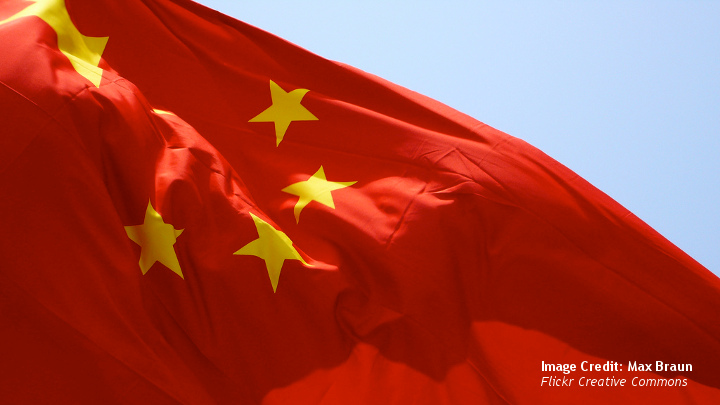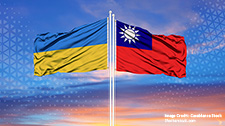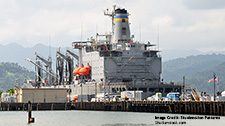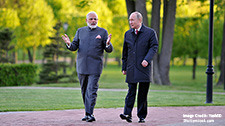Will China Stay Quiet on Ukraine?

Jagannath P. Panda
Introduction:
Russian president Vladimir Putin’s “unprovoked” and unconscionable invasion of Ukraine (the so-called “special military operation”) has underscored the deeply problematic aspects of international politics today. The war on Ukraine has once again exposed the utter ineffectualness of global mechanisms like the United Nations (UN), where Russia could forward its own warmongering by simply employing its own vote. Of course, the abstentions by China, India, and the United Arab Emirates conveyed that even war-guaranteed death and destruction are not enough to unite the world. Even as Western leaders are horrified and have now imposed more sanctions on Russia, targeting banks, oil refineries, and military exports, the West’s delayed and inept response appears rhetorical, reeking of self-interest against collective good.
Not that the Asian powers have fared well either: China and India are conspicuously silent, though Japan has joined the West in sanctioning Russia. India’s neutrality or emphasis on “restraint on all sides” and “constructive diplomacy” is primarily driven by its traditional ties with Russia. China’s “chilling” silence, on the other hand, adumbrates President Xi Jinping’s long-drawn strategic maneuver in his hegemonic power play against the United States, as also his ambitions for an enhanced presence in Eurasia.
Related Publications
-
The Lithuanian Gambit
There is a great deal of conjecture and analysis at present telling us there is emerging a Sino-Russian alliance. If it is so, and it looks to me like it […]
-
Not Drawing a Parallel. Ukraine and Taiwan: An Indian Perspective
Russia’s war against Ukraine has not only had economic, diplomatic, and geopolitical repercussions, but also exaggerated the fear of accelerated conflicts in the Indo-Pacific, a region with several unresolved conflicts […]
-
EU-Thailand FTA Negotiations: IUU Fishing and Human Rights Remain Obstacles
Thailand’s fishing industry, which at its height saw as many as 200,000 migrant workers from neighboring Laos, Myanmar, and Cambodia caught in a brutal system of abuse, withered global criticism […]
-
India-Japan-Philippines: A Strategic Maritime Trilateral or More?
Regional states like India, Japan, and the Philippines have been seeking cooperative solutions with other middle powers that can both counter the Chinese influence and fulfill other economic as well […]
-
The Limitations of India and Russia’s Transactional Relationship
Since Russia’s unprovoked invasion of Ukraine in February 2022, it might seem as though ties between India and Russia have strengthened. While much of the West isolated Russia, India-Russia energy […]




